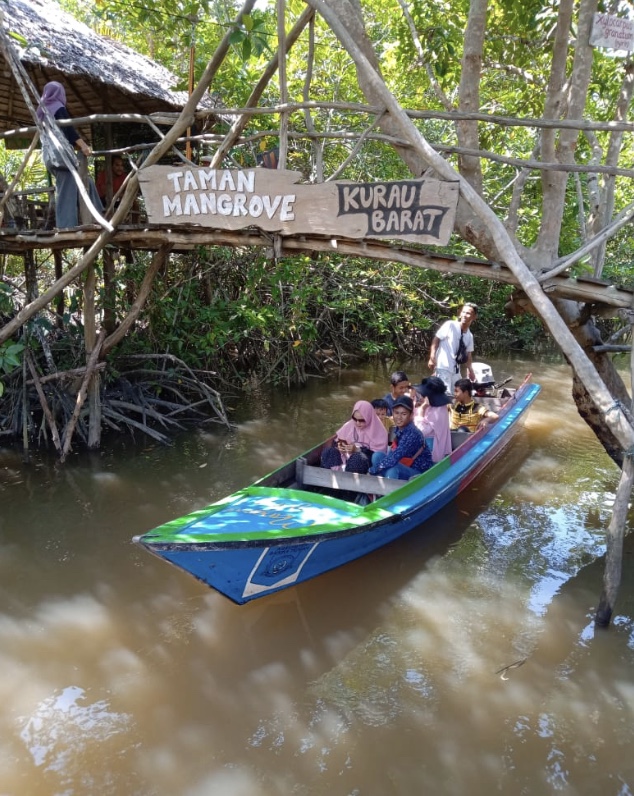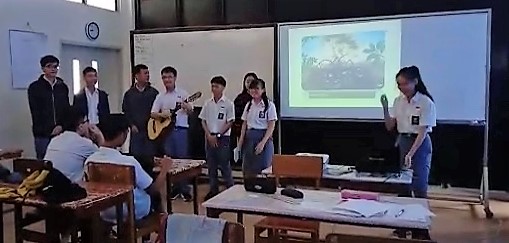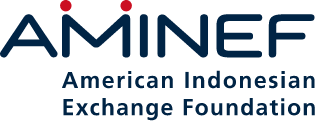
What would happen if students built their own grading rubric and graded themselves? What would happen if the teacher provided the seeds of knowledge but let the students negotiate how to cultivate life in the plant?
Through Knowledge Building practices, students in Sir Don’s classes designed campaigns to promote mangrove growth on the coastlines of Bangka. Mangroves are a fundamental part of island ecology. They protect the shoreline from coastal erosion and coastal storms, promote biodiversity, store carbon and act as a source of livelihood (timber, food, shelter) for local populations. The students developed their own grading rubric, conducted their own study, formed working groups, wrote formal proposals, presented their initiatives to the class, and ultimately self-assessed their contribution to the project (less than a quarter of the students gave themselves an “A”).

Each presentation was unique and funny; the students were able to engage their classmates with songs, skits and dances embedded into a professional display of their accumulated knowledge. All of this was to culminate in a trip to plant mangroves accompanied by the principal of SMA Santo Yosef and local government officials who would give speeches on the importance of mangroves to the island, but due to a series of unfortunate circumstances the trip didn’t come to fruition. However, the mangrove project initiatives led by the students was a reminder that given the right tools and direction students can (enthusiastically and without incentive) build their own knowledge.
Kiyoko “Kiki” Nakamura-Koyama is currently teaching at SMA Santo Yosef Pangkalpinang, Bangka-Belitung
Last Updated: Dec 16, 2019 @ 11:00 am





